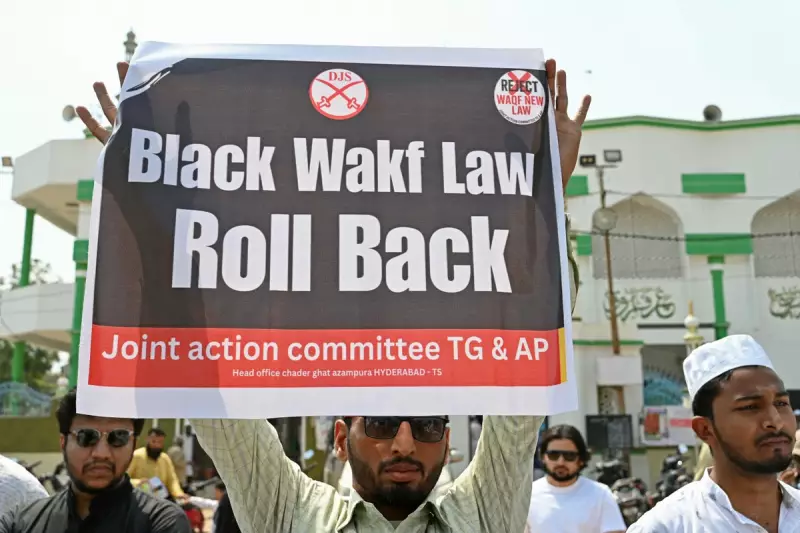
In a landmark verdict with far-reaching implications, India's Supreme Court has decisively curtailed the powers of state-run Muslim endowment boards, demanding they provide irrefutable evidence to claim properties.
The ruling, delivered by a bench of Justices Hemant Gupta and V. Ramasubramanian, states that the Uttar Pradesh Sunni Central Waqf Board cannot simply declare a property as its own. The court emphasised that such a declaration holds no legal weight unless substantiated by clear proof, fundamentally altering the dynamics of religious property disputes in the country.
A Shift in Legal Burden of Proof
The court's judgment establishes a new precedent, placing the burden of proof squarely on the Waqf Boards. This move challenges the previous legal framework under the Waqf Act of 1995, which critics argued gave the boards excessive authority to claim properties without immediate challenge.
'The board cannot be a judge in its own cause,' the justices asserted, highlighting a fundamental principle of justice. The ruling mandates that any claim to a property must be backed by documented evidence and validated through proper judicial channels, rather than by administrative fiat.
Context and National Implications
This decision arrives amidst a heated national debate on the management of religious properties and the role of the state. The Hindu side in the case argued that the Waqf Board's powers were being used for a "land grab," a claim the court's ruling appears to acknowledge.
The verdict is seen as a significant moment for Prime Minister Narendra Modi's government, which has often championed policies aimed at reforming religious-based laws. It underscores a judicial push for greater transparency and evidence-based process in historically complex and sensitive property disputes.
What This Means for Future Disputes
The Supreme Court's directive is expected to have an immediate impact on thousands of pending cases across India involving Waqf properties. It sets a clear legal standard that will make it considerably more difficult for endowment boards to claim land without due process and concrete evidence.
Legal experts suggest this ruling reinforces the judiciary's role as a neutral arbiter, ensuring that property rights are determined by law and evidence, not by the unilateral declarations of a statutory body. This decision is likely to be cited as a key precedent for years to come.





